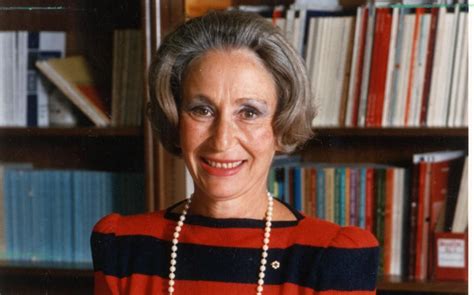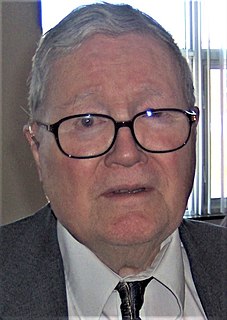A Quote by Chellie Pingree
Certainly, my advice is that communicating, lobbying, fundraising and engaging the public in policy and politics is far more exciting and inexpensive via the Internet. Old guard organizations like Common Cause had to evolve to embrace this new environment.
Related Quotes
One must be wary of the view that these loose and diverse coalitions represent a new form of globalized participatory democracy. The dissent industry is largely a product of the Internet revolution. Inexpensive, borderless, real-time networking provides advocacy non-governmental organizations [NGOs] with economies of scale and also of scope by linking widely disparate groups with one common theme.
I was interested in the question of the power of religious organizations to effect public policy in a negative way. When I was in college, and I found out at that time the Catholic Church was in such control of everything in communities, including in progressive places like New York - that a roommate of mine was not able to obtain an abortion with his girlfriend, even in places like New York. What I learned at that moment was the extraordinary clout that religious organizations can have to impose their theological views on others. And I found it exasperating and dangerous.
What I like about the internet, what I see there is that its much more democratic. I have much more control, and if what I write is liked by the public, I have immediate feedback. There are so many things I want to say - about events in the news, politics, the gamesmanship and manipulations I read about, thoughts that occur to me about the power game, advice, on and on.
It is true that authoritarian governments increasingly see the internet as a threat in part because they see the US government behind the internet. It would not be accurate to say they are reacting to the threat posed by the internet, they are reacting to the threat poised by United States via the internet. They are not reacting against blogs, or Facebook or Twitter per se, they are reacting against organizations like the National Endowment for Democracy funding bloggers and activists.
One of the things that I realized when I left office was that in the 1990's citizens across the world applied more power than they had ever had, as compared with the government, because of more people living under democracies than dictatorships for the first time, the power of the internet, which the young Chinese used to basically change China's policy on the SARS epidemic, and shut it down, and because of the rise in non-governmental organizations like my foundation.
You're sort of programmed a certain way because of your environment. That's all you know. But we don't have that anymore because of the internet. Because of the internet we're all communicating with each other all across the board, so you're getting information from people all around the world, hitting a much more diverse slice of culture.
ACORN, you may recall, is the left-wing activist group with longtime ties to community organizer-turned-President Barack Obama. The nonprofit, which now takes in 40 percent of its revenues from American taxpayers after four decades on the public teat, has a history of engaging in voter fraud, corporate shakedowns, partisan bullying and pro-illegal immigration lobbying. The Democrats' stimulus proposals could make the group - and its lesser known but even more radical ideological allies - eligible for upward of $5 billion in new public cash.
Now that the most interesting matter of identity is not what place someone was born in, but what point in time they are from - where they sit in relation to time. Age has become much more divisive than place. With the Internet and globalization, a twenty-year-old in New York has far more cultural references in common with a twenty-year-old in Nebraska than they do with a thirty-year-old who lives next door. National identity is what they trick you with when they want your feet in their army boots or your taxes in their bailouts.
The Internet, too, has strong attributes of a public good, and has undermined the “private good” attributes of old media. Internet service providers obviously can exclude people, but the actual content -the values, the ideas- can be shared with no loss of value for the consumer. It is also extremely inexpensive and easy to share material. Sharing is built into the culture and practices of the Web and has made it difficult for the subscription model to be effective.
Classroom teachers can play an active role in instructing children about appropriate conduct online, even where there is no school policy on the issue. By promoting public discussion about their lives on the Internet, teachers and students can work together to share advice and develop 'rules to type by' or similar Internet-minded guidance.
A much more radical conclusion . . . that, so far as I know, is shared by only a very few students of public choice [is]: that government employees or people who draw the bulk of their income from government by other means should be deprived of the vote . . . It is another example of the opening up of alternatives for investigation and the presentation of new conceivable policy options characteristic of public choice, rather than a policy that all its students favor.

































